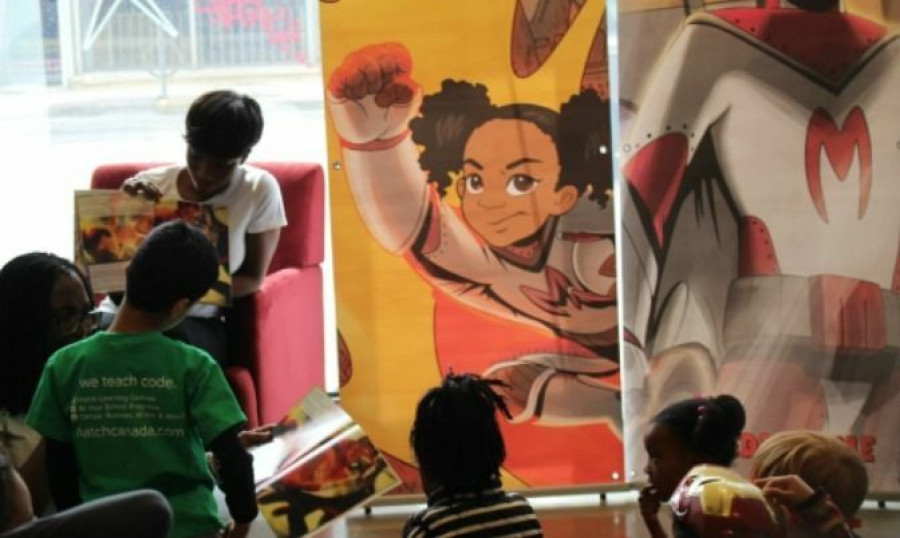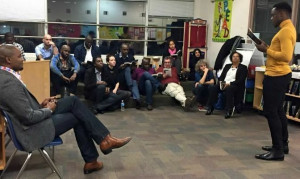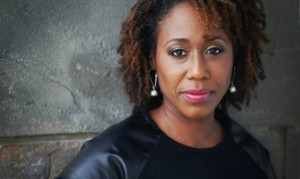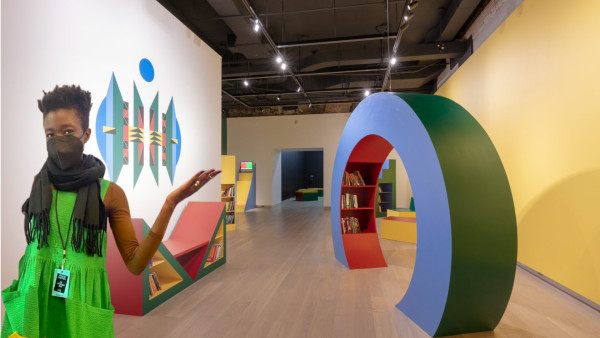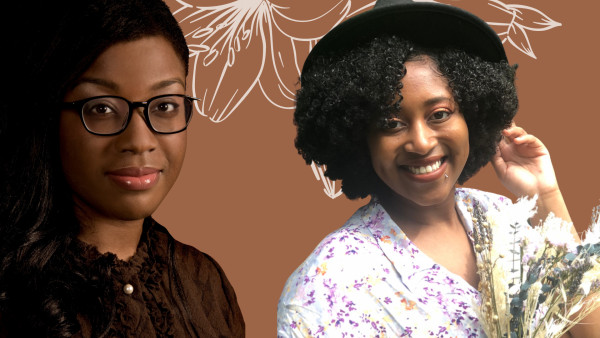The homegrown collective has not only accomplished that but has become so much more.
As a father, Paul Okoye, founder of MeBookz, discovered as his daughter Zara grew older, their story time selections grew smaller.
“One night when I was getting her ready for bedtime, I ran out of books to read and if you know my daughter, she would never go to bed without a bedtime story… so I came up with one. This story wasn’t the greatest story per se but I decided to do something different. I inserted her into the story and she loved it! She didn’t like it because it was a great story, she loved it because it was her story and for weeks on end she continued to talk about it, she kept thinking about the story, all the life lessons and the characters of the story… she just couldn’t forget it."
Reading bedtime stories to his daughter, Okoye became aware of the lack of children of colour on the pages. He felt compelled, both as a parent and a black Canadian to make a change.
“There was research saying that out of all picture books created, only less than 5 percent actually feature black children. It was around 3 percent 5 years ago but the report was ran again in 2016 and it has increased by two percent - an improvement, yes….but still only 5 percent and if you belong to more than one of two minority groups, for example, if you are a female and black….like my daughter, you actually have less than a 1 per cent chance of seeing yourself in a lead role in a book."
MeBookz, teams up with many authors to specialize and personalize storybooks for all children, where they can see themselves become the hero or star of a wide variety of different tales.
“My motivation is not necessarily who would buy more books, it’s where there is more need and because I personalize books for kids…regardless of their gender, race or uniqueness, we are able to market to anybody. We don’t just create stories of black kids in a black community…we actually put black kids in any Canadian community. So our kids, your kids can see themselves functioning within a community that is truly a reflection of Canada.”
MeBookz, held their first ever launch party this past weekend, for the newest edition to their storybook collection, titled, Incredible Me and the turnout was both positive and inspiring.
In a short conversation with Okoye, it became quickly apparent that it wasn’t just about helping to create diversity within children’s literature, but also sending an important message to children from all walks of life.
“Incredible me is our most popular story and we’ve had great feedback from this book because every kid wants to be a superhero and now they can actually be their own. It taps into something that has been such a big issue in Canada, certainly within North American; bullying. Not all children are bullied but we all definitely go through situations where we feel bullied or where we even play the bully role. For that kid who feels powerless, who goes to school hoping that ‘Bill’ doesn’t see him again or that ‘Stacey’ doesn’t get him/her…this book taps into that inner will power and it tells you that you can be incredible. You don’t have to save the world to be incredible, you could just say ‘no’ or ‘stop’ or tell a teacher or parent to be incredible. It builds that self-confidence and self-esteem that I too can make a difference."
“My hopes for the future of MeBookz is to be able to work with more school districts and help to create more workshops to teach kids about self-esteem, to help them understand who they are and their role in society and I think literacy can play such an important role in that."
When asked why he believed there was still a lack of diversity within children’s literature, Okoye brought a very important point to light.
“I think there are a number of contributing factors. If a number of publishers, who obviously control what is being published, say we don’t have a lot of buyers within the black community…so not a lot of black parents are buying books. So for a publisher who is focused on making money theoretically, you have to create books for the communities that will buy, so financially speaking it makes sense but, then you disenfranchise an entire community of people because of finances."
